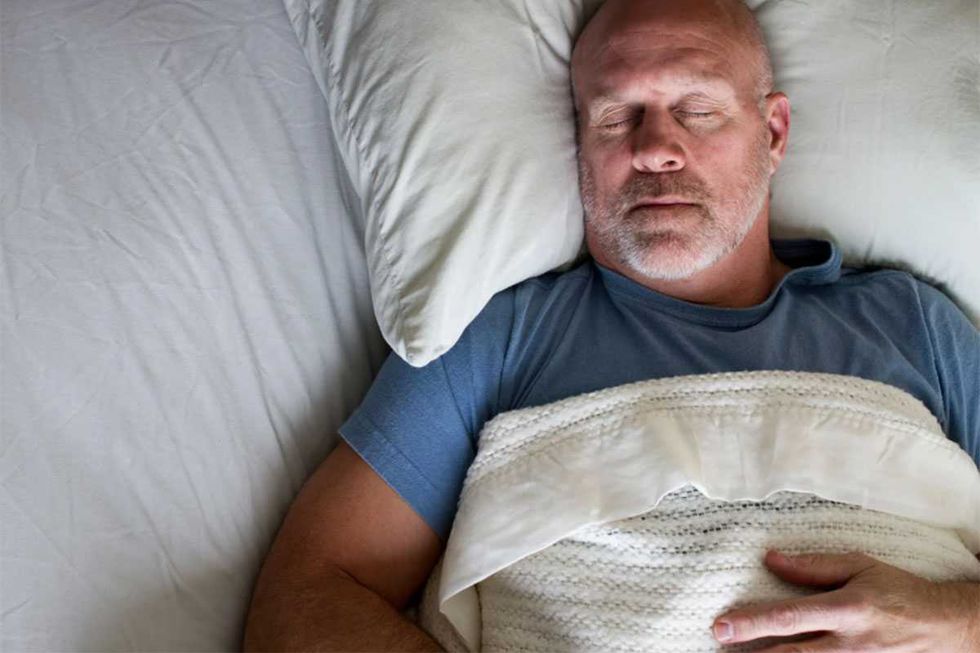Postpartum depression (PPD) is a serious condition that affects 10 to 20 percent of women after they’ve given birth. Sufferers report feelings of extreme sadness and anxiety that may inhibit their ability to care for themselves or their child. Unfortunately, many mothers blame themselves for being depressed, but it’s caused by hormonal changes that occur in their bodies after giving birth. Recently, model and star of TV’s “Lip Sync Battle,” Chrissy Teigen, shared her powerful battle with PPD to empower other women struggling with the condition.
Earlier this month, the 31-year-old Teigen wrote an emotional essay about her battle with PPD in Glamour. A self-described “open book,” Teigen recounts a painful struggle she didn’t know was PPD for eight months. During that time, she isolated herself in her home, neglected the people she loved, and barely had the energy to bathe. Here’s an excerpt:
Getting out of bed to get to set on time was painful. My lower back throbbed; my shoulders — even my wrists — hurt. I didn’t have an appetite. I would go two days without a bite of food, and you know how big of a deal food is for me. One thing that really got me was just how short I was with people. I would be in my dressing room, sitting in a robe, getting hair and makeup done, and a crew member would knock on the door and ask: ‘Chrissy, do you know the lyrics to this song?’ And I would lose it. Or ‘Chrissy, do you like these cat ears, or these panda hands?’ And I’d be like: ‘Whatever you want. I don’t care.’ They would leave. My eyes would well up, and I would burst into tears. My makeup artist would pat them dry and give me a few minutes.
After seeing her doctor for a routine physical, Teigen was diagnosed with PPD. After taking antidepressants and seeing a therapist regularly, her depression began to lift. Recently, her husband, musician John Legend, opened up to E News about his wife’s brave battle:
I’m so proud of her. She showed me the drafts when she was writing it and I knew it would mean a lot to a lot of women for them to see that. By acknowledging the pain that she’s going through, in doing that she also acknowledges the pain that a lot of women go through after they have a child. A lot of people don’t want to talk about it. A lot of people feel alone when they’re going through it and for her to let people know that they’re not alone, I think was really powerful.
Legend also shared what men can do to support family members suffering from PPD.
You have to be present. You have to be compassionate. You have to understand what the reasons for them feeling what they’re feeling are. I think once you know the reasons, I think you can be more helpful in identifying what they’re going through.
















 A woman conducts a online color testCanva
A woman conducts a online color testCanva A selection of color swatchesCanva
A selection of color swatchesCanva A young boy takes a color examCanva
A young boy takes a color examCanva 

 Pictured: A healthy practice?
Pictured: A healthy practice?


 Is solo sleep the best sleep?
Is solo sleep the best sleep?  Some poeple want their space, and some can't imagine being that seperate.
Some poeple want their space, and some can't imagine being that seperate. 
